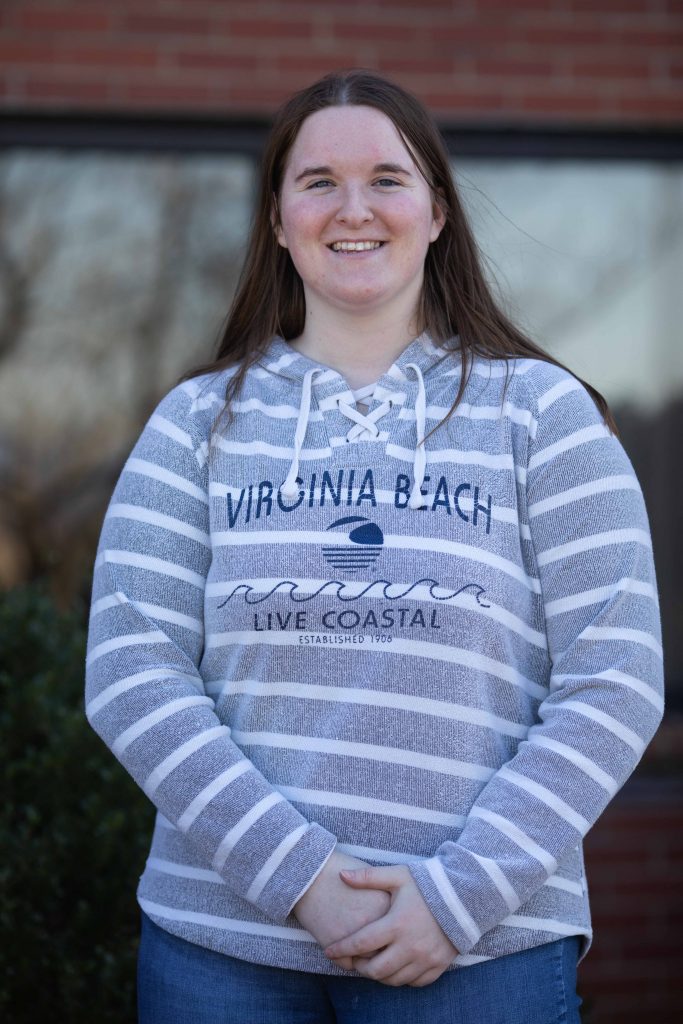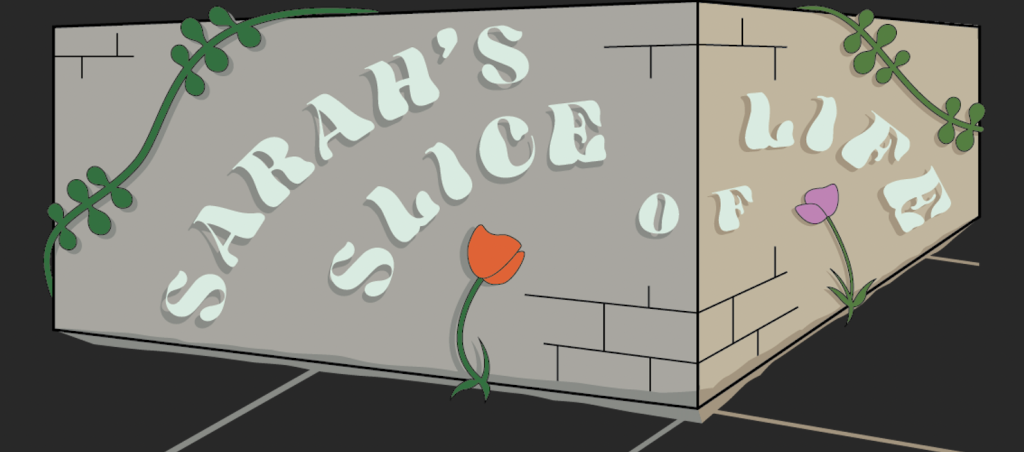It all began with a whiny old man who likes coffee spoons and pointless walks on the beach. Of course, I’m talking about T.S. Eliot’s poem “The Love Song of J. Alfred Prufrock,” which kickstarted my love for poetry. The classic dramatic monologue contains everything from mermaids to marmalade to Michelangelo, and when I discovered it during high school, my interest in it quickly cascaded into a love for all things poetry.
I can think of no better poem to spotlight in April, which is National Poetry Month. If you didn’t know it was National Poetry Month, don’t worry, because you’re probably in the majority. In actuality, National Poetry Month focuses more on poetic scholars writing essays on why poetry isn’t dead than it does on the celebration of actual poetry.
For most people, poetry remains irrelevant to their lives. In fact, poetry is something most people avoid because they see it as opaque or difficult to understand. If we’re being honest, most people usually leave poetry to die in distant and somewhat traumatic memories of learning Shakespeare plays in high school. I mean, learning how to recite “Romeo and Juliet” or understanding Robert Frost’s “The Road Not Taken” have no real value besides making us feel artsy and intellectual, right?
Well, poet Marianne Moore would agree with this sentiment. In her poem aptly titled “Poetry,” she dismisses poetry altogether because, as she says, “we do not admire what we cannot understand.”
“I too, dislike it,” Moore writes, referencing poetry itself. “There are things that are important beyond all this fiddle.”
Moore is right. Poetry — or “fiddle” as she calls it — is pointless, especially as we live our ordinary lives and journey through our ordinary days. This National Poetry Month, let’s be honest — poetry cannot help us, and it’s too useless to ascribe any value to our lives.
Wouldn’t it be a sad, colorless world if that was true?
Yes, most people do not read or even think about poetry every day. Yes, I believe that poetry has taken a backseat to many other things in the literary and art world. However, that doesn’t mean poetry isn’t especially valuable to our world or that it cannot offer meaning.
More than anything, poetry is an invitation to come out and look. This is the idea that holds together all of poetry — the call to stare face-to-face with wonder, creating a space where we can interact with something close enough to be astounded by its beauty and design.
Poetry is simply another way to look at the world, a way of seeing that deals with authenticity and closeness. It breeds a place where we can genuinely wrestle with our worlds while simultaneously being dazzled by them. Most importantly, it is one of the greatest forms that underlines aesthetics, the exploration of what is beautiful in the world.
However, if we put all the intellectual terms aside, poetry equates to suddenly being “able to see in the dark,” as poet Ted Kooser puts it in his poem “Walking on Tiptoe.”
Every day, things happen that poetry invites us to see, to know and to respect. The blooming lilac in the ditch by the road? Notice it. The sudden swoop of birds around power lines? Admire them. The feel of a mother’s hands, the sound of a father’s laugh? Appreciate them.
Ultimately, poetry isn’t about high-brow essays, ancient language or inaccessible interpretations. It’s about someone reading the paper, taking out the trash and watching the sun set. It’s about living through our ordinary days, looking at the world around us and thinking it to be incredible and true.
This National Poetry Month, feel free to read a Shakespeare play, an Emily Dickinson poem or a sad truth from Robert Frost. However, more than anything, go out and look at the world poetry so often honors with its words.
After all, this “fiddle” is actually valuable, and even Moore comes to the same conclusion.
“Reading it (poetry), however, with a perfect contempt for it,” Moore writes, “one discovers that there is in it after all, a place for the genuine.”
Tate is the Editor-in-Chief for the Liberty Champion. Follow her on Twitter

